
How to Tell If You Have Intestinal Parasites and What to Do About That
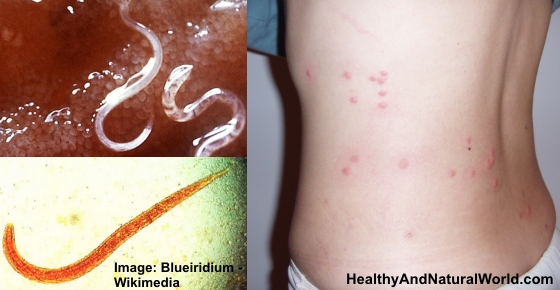
There’s a widespread misconception that intestinal parasites exist only in underdeveloped countries. While it’s true that such infections are more prevalent in regions with poor sanitation and limited access to clean water, research shows that they are far more common in industrialized nations than most people realize (World Health Organization). It’s an unsettling thought — knowing that your digestive system could be home to microscopic invaders — but you’re not alone. The WHO estimates that over 3 billion people worldwide are affected by intestinal parasites at any given time, and not all of them live in low-income or tropical countries. In fact, studies have found that cases also occur frequently in the United States, Europe, and Australia, often undiagnosed or mistaken for other digestive conditions (CDC).
What Are Intestinal Parasites?
Parasites are organisms that live in or on another organism, feeding on their host’s nutrients and, in some cases, causing disease. Intestinal parasites are primarily divided into two main categories: helminths and protozoa.
Helminths are multicellular worms that include species such as tapeworms, pinworms, and roundworms. These worms can grow and live in the intestines but do not reproduce inside the human body. Instead, they lay eggs that pass out through feces, potentially infecting others (CDC).
Protozoa, on the other hand, are microscopic, single-celled organisms that can multiply within the human body, making them capable of causing serious and chronic infections if untreated. Protozoal infections such as Giardia lamblia or Entamoeba histolytica can cause severe diarrhea, fatigue, and nutritional deficiencies (Harvard Health Publishing).
How Do You Get Intestinal Parasites?
Transmission typically occurs when a person ingests or comes into contact with contaminated fecal matter — often through unclean water, soil, or food. However, there are several other risk factors that can increase vulnerability, such as traveling to or living in areas where sanitation is poor, practicing poor hygiene, consuming raw or undercooked meat, or having a weakened immune system (CDC). Children and the elderly are particularly susceptible because their immune defenses are generally weaker.
Once infected, the condition can spread easily to others, especially within households or childcare settings. Even indirect contact — like touching contaminated surfaces or food — can perpetuate transmission cycles.
Why Are Intestinal Parasites Dangerous?
Parasites survive by feeding on the host’s nutrients, effectively robbing the body of essential vitamins and minerals. In high-hygiene environments, the risk of life-threatening illness is relatively low, but in developing regions with inadequate sanitation, these infections can lead to severe complications and even death (WHO).
When parasites invade the intestines, they can trigger inflammation and disrupt the body’s natural defense mechanisms. This often leads to malabsorption, where nutrients from food are not properly absorbed, resulting in weight loss, fatigue, and weakened immunity. In severe cases, large infestations can cause bowel obstruction, a dangerous condition that blocks the passage of food and waste. Chronic bleeding from intestinal walls may also lead to anemia (Mayo Clinic).
Moreover, because different parasites affect different systems, symptoms can vary widely. Some infections produce digestive symptoms, while others may cause skin irritation, muscle pain, or even neurological effects. Many individuals live with parasites for years without realizing it, attributing symptoms to unrelated issues such as irritable bowel syndrome (IBS) or stress-related disorders (Cleveland Clinic).
Common Symptoms of Parasitic Infection
-
Extreme food cravings or loss of appetite
-
Sudden weight changes
-
Abdominal discomfort and bloating
-
Diarrhea, constipation, or alternating bowel patterns
-
Blood sugar fluctuations
-
Persistent skin irritation, rashes, or itching
-
Sleep disturbances and insomnia
-
Fatigue and overall weakness
-
Muscle and joint pain
-
Iron deficiency or anemia
-
Recurrent infections (bacterial, fungal, or viral)
-
Mood disturbances such as anxiety or depression
-
Low libido
-
Nausea, vomiting, or sulfur burps
-
Pale or bloody stools, sometimes with visible white specks (CDC)
How to Treat Intestinal Parasites
Treatment depends on the type and severity of infection. Generally, there are two main approaches: conventional medical treatment and complementary or alternative therapies.
1. Conventional Medicine
If infection is suspected, physicians typically perform a stool test to detect eggs or parasites. Standard prescription medications, such as albendazole, mebendazole, or metronidazole, are highly effective and widely recommended by the World Health Organization and Centers for Disease Control and Prevention (CDC).
2. Alternative and Natural Treatments
Some people choose herbal or nutritional therapies to complement conventional medicine. Commonly used herbs include garlic, wormwood, black walnut, goldenseal, clove, and oregano oil, which have shown antimicrobial or antiparasitic properties in preliminary studies (National Center for Complementary and Integrative Health). However, herbal remedies should be used cautiously and under medical supervision, especially for pregnant women or those on medication.
Other supplements that may help restore gut balance include:
-
Probiotics (Lactobacillus and Bifidobacterium species), which promote healthy gut flora and reduce parasite survival rates.
-
Digestive enzymes such as papain (from papaya), which may degrade parasites and aid digestion.
-
Vitamin C and zinc, which strengthen immune defenses (Harvard Health Publishing).
A nutrient-rich diet can also support recovery. Foods like raw garlic, pumpkin seeds, papaya, beets, pineapple, carrots, and pomegranate have natural cleansing properties. Increasing fiber intake and staying hydrated helps eliminate waste and toxins. Conversely, refined sugars and alcohol should be avoided, as they can weaken the immune system and provide fuel for parasites.
3. Intestinal Cleansing
Some people opt for intestinal detox programs using natural fibers like psyllium husk, flaxseed, and bentonite clay, which may help sweep parasites and toxins from the digestive tract. While evidence is limited, these practices are often used as part of holistic detox routines (Harvard Health Publishing).
4. Diatomaceous Earth (DE)
Food-grade diatomaceous earth, a natural silica compound, has gained popularity as an antiparasitic supplement. Research published in the Journal of Poultry Science suggests that DE may help reduce internal parasites in animals and potentially in humans when used safely under guidance.
Preventing Infection
Since parasitic infections are highly contagious, prevention is key. Wash your hands thoroughly after using the restroom, before eating, and after handling pets or soil. Always wash fruits and vegetables and avoid drinking untreated water, especially while traveling abroad (CDC). Good personal and food hygiene practices remain the most effective defense against reinfection.
Final Thoughts
Intestinal parasites may sound like an ancient or faraway problem, but they’re a modern and global health concern. Understanding how they spread — and how to treat and prevent them — can protect not only your digestive system but your overall well-being. Whether you rely on modern medicine, herbal support, or a combination of both, awareness and hygiene remain your strongest weapons against these hidden invaders.
News in the same category

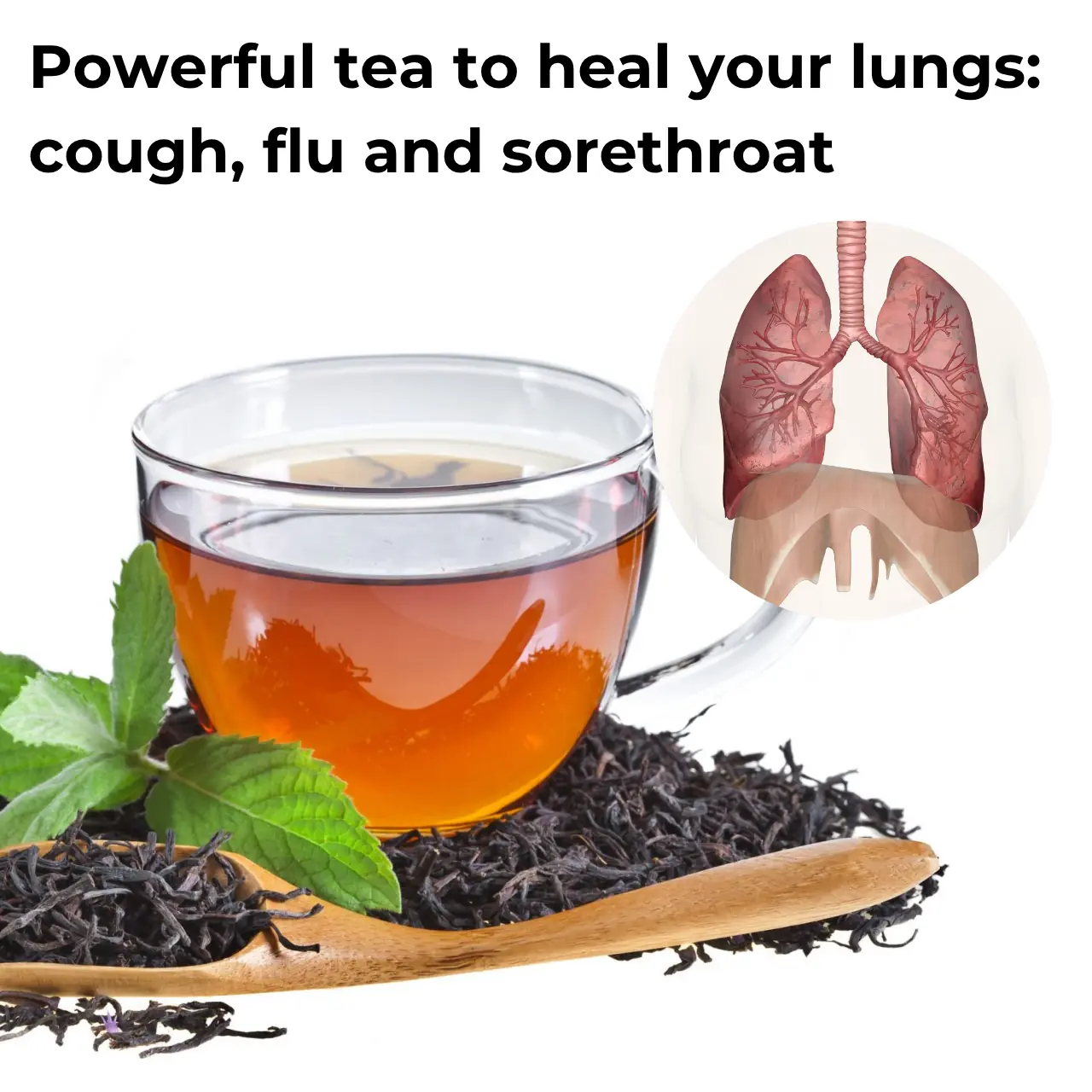
Proven Health Benefits and Uses of Thyme and Thyme Tea

9 cancer warning signs your body is sending you (don’t ignore these!)
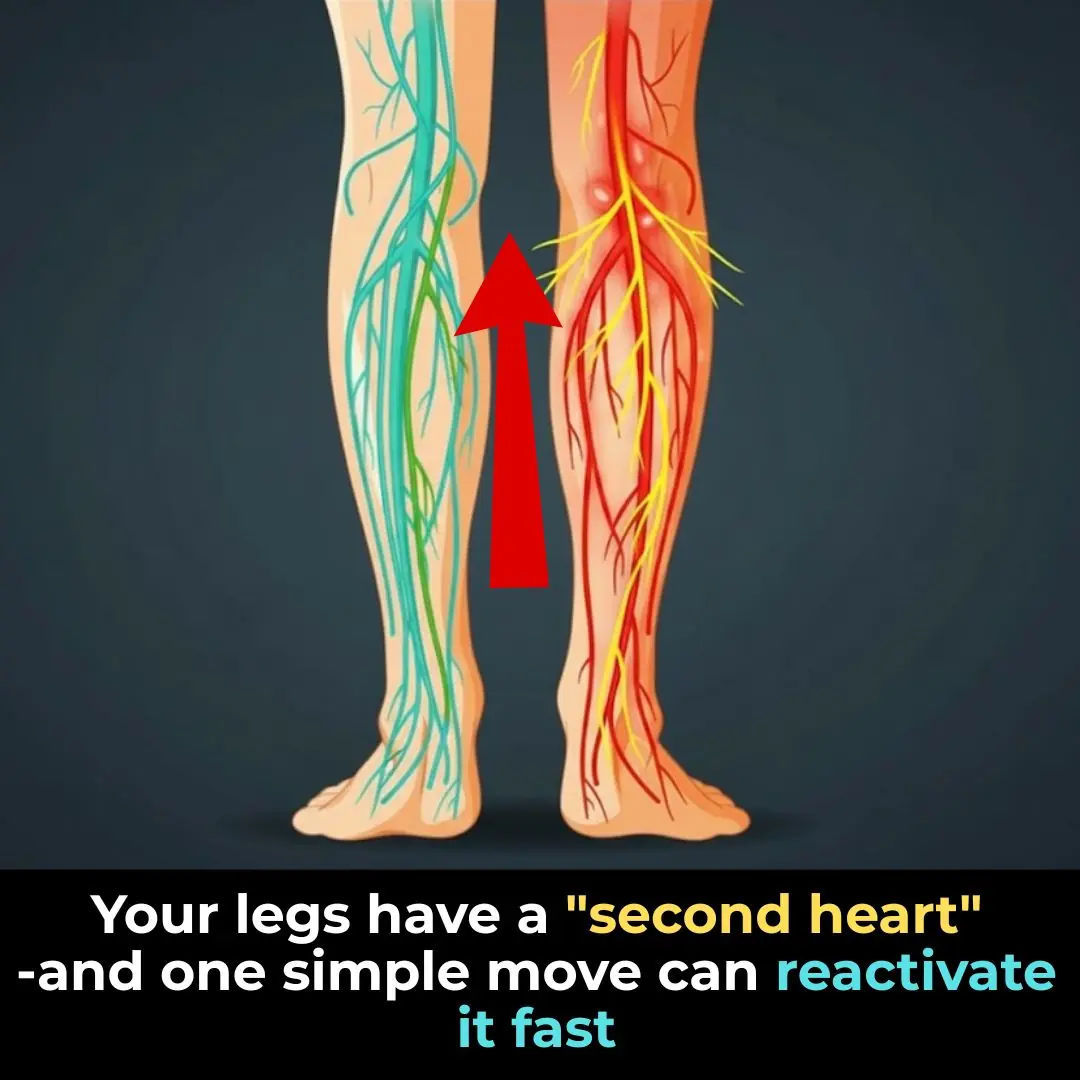
Your legs have a “second heart” — and one simple move can reactivate it fast
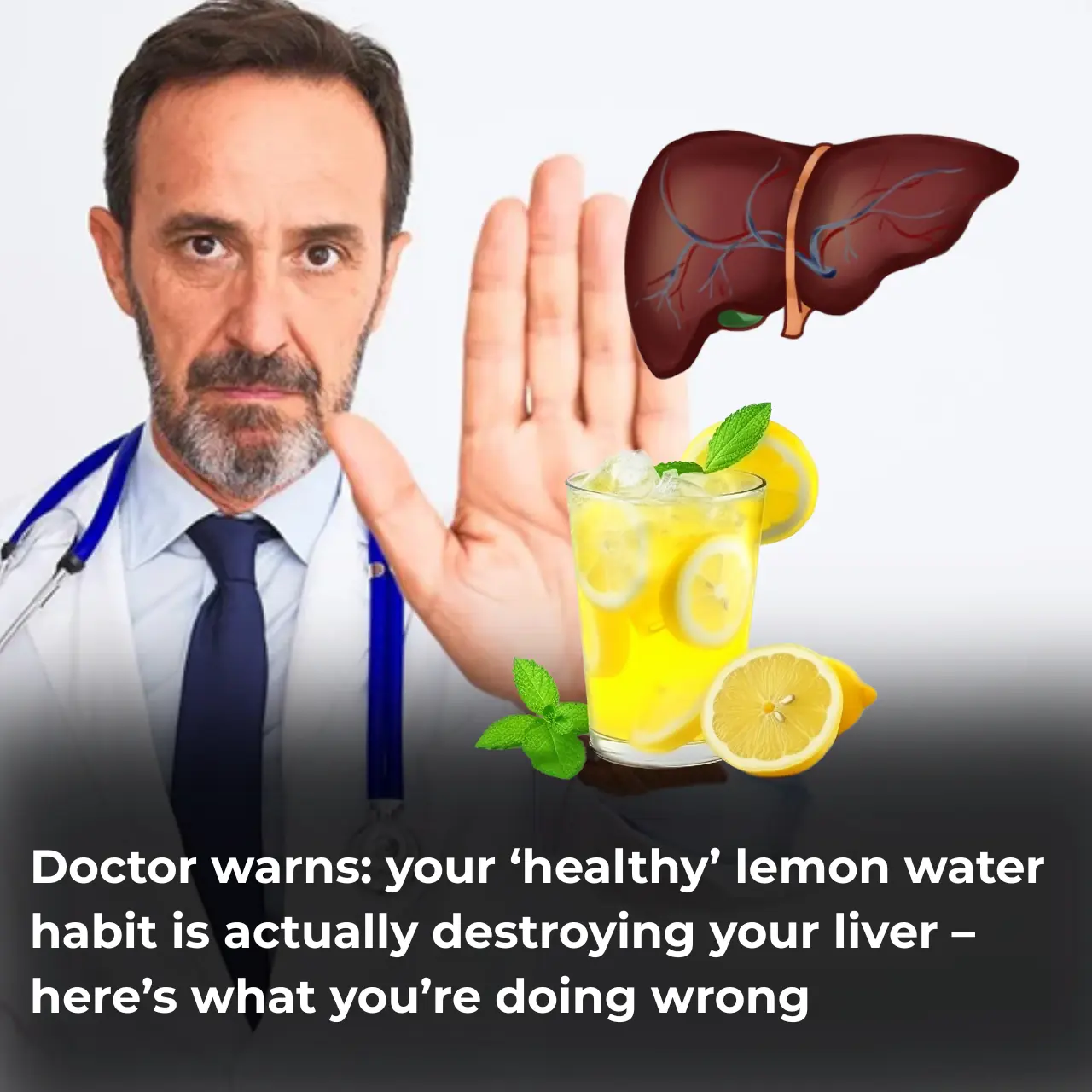
Doctor warns: your ‘healthy’ lemon water habit is actually destroying your liver – here’s what you’re doing wrong

2026’s hottest health drink: A natural boost for blood pressure and diabetes

This Salt, Pepper and Lemon “Miracle-Mix” Can Help Solve 9 Problems

Scientists Discover The Maximum Age a Human Can Live To

Signs of Arthritis You Shouldn’t Ignore
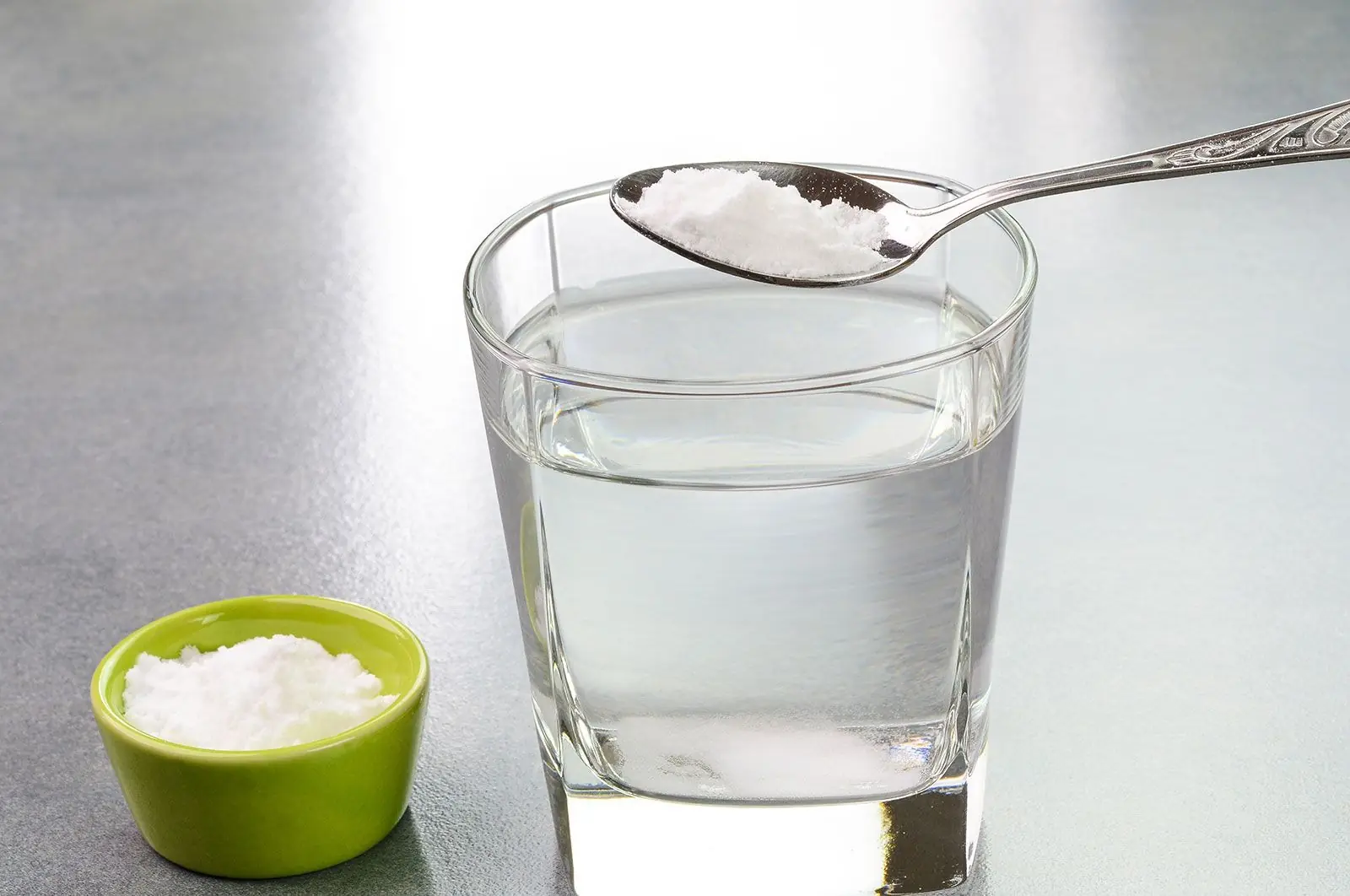
The Life-Changing Effects Of Adding Just A Pinch Of Baking Soda To Your Water

Remove This from Your Home to Live Longer
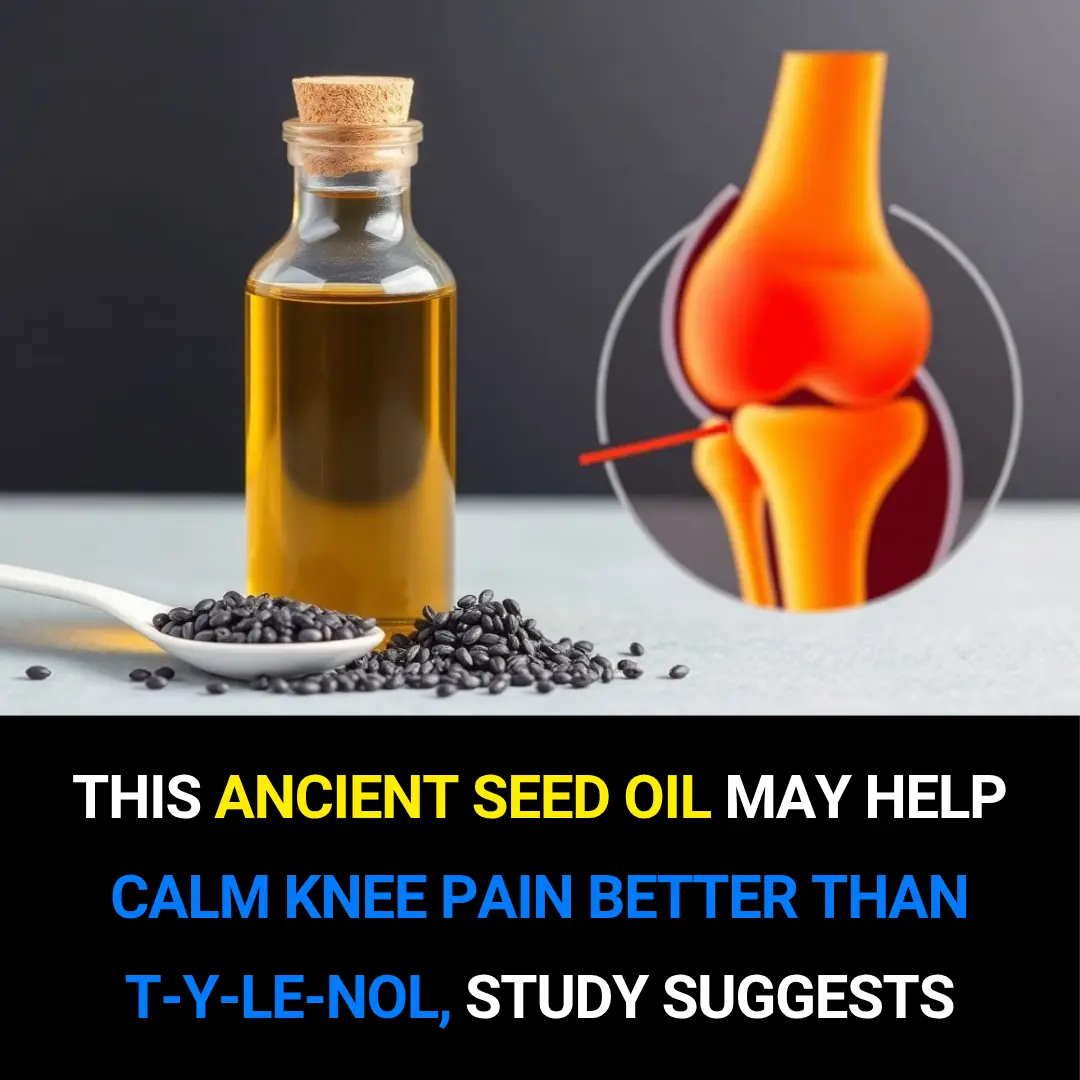
This Ancient Seed Oil May Calm Knee Pain Better Than Tylenol, Study Finds

This Common Vitamin Deficiency Could Be Raising Your Colorectal Cancer Risk — and Half the World Is Affected

Lower Blood Sugar Naturally by Training Just Two Leg Muscles

Forget Aspirin — This Everyday Fruit Could Protect You from Stroke and Heart Attack
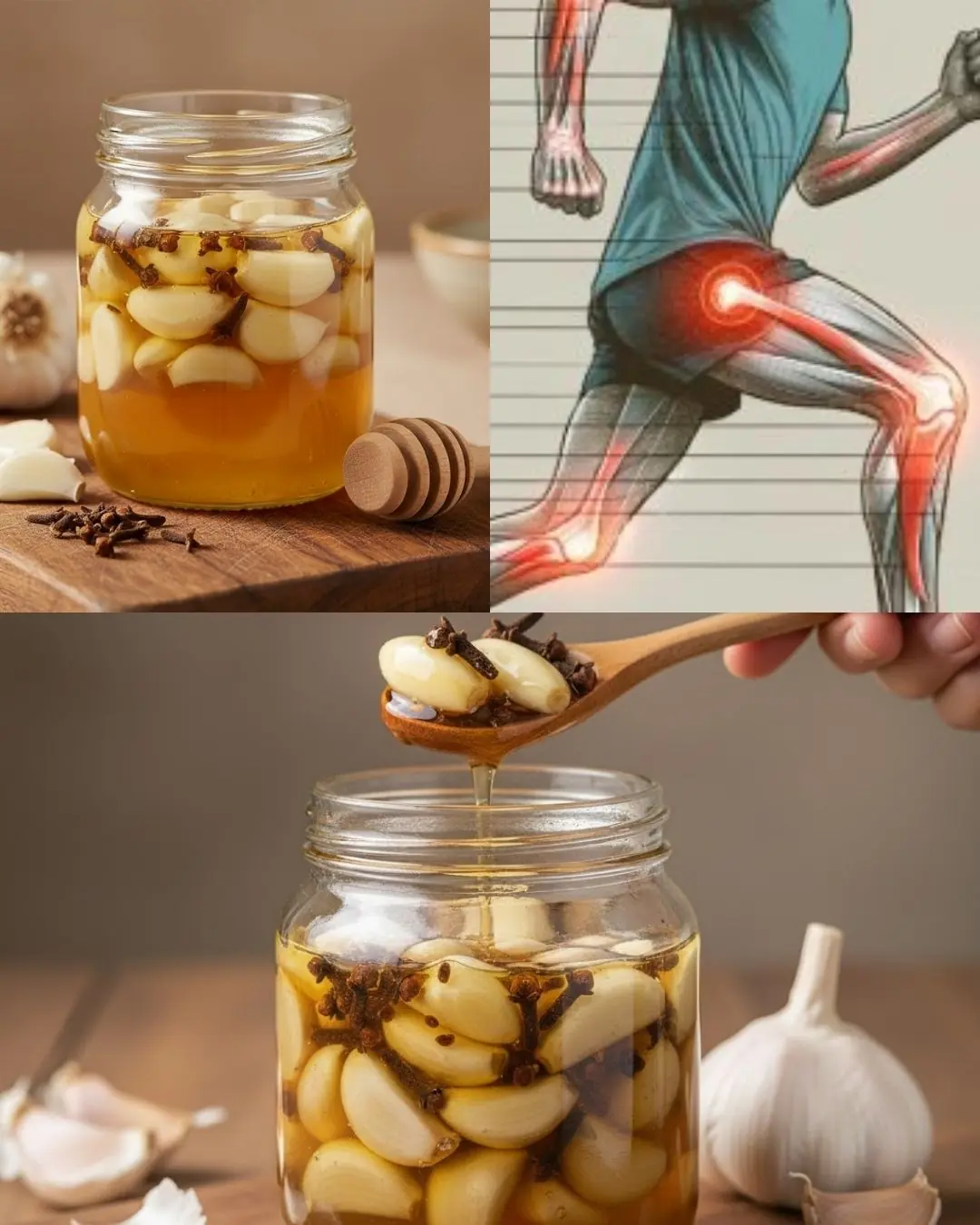
Garlic, honey, and cloves – a powerful natural remedy packed with health benefits

Anyone Whose Hair Is Falling Out Needs To Make This 2-Ingredient Drink Immediately

Mix Bananas, Honey and Water: Cough and Bronchitis Will Disappear
News Post

The White House Communications Office is saying our story is not true. We stand by our story. Our story is accurate.

D4vd's Friends Thought He Was Celeste Rivas' Boyfriend, Thought She Was 19

Netflix's Being Eddie release date and what to expect from the Eddie Murphy special

Man Builds “Museum Of Love” To Honor Late Wife’s Memory

MAFS UK's Julia-Ruth issues statement after 'three husbands' bombshell

Strictly star Harry Aikines-Aryeetey addresses ‘heartbreaking’ elimination: ‘It’s nice to go out on a party’

Seven Types of Pain You should Never Ignore

Proven Health Benefits and Uses of Thyme and Thyme Tea

Stop throwing out old plastic food containers

6 things that mice are very afraid of

9 cancer warning signs your body is sending you (don’t ignore these!)

Your legs have a “second heart” — and one simple move can reactivate it fast

Doctor warns: your ‘healthy’ lemon water habit is actually destroying your liver – here’s what you’re doing wrong

Why You Shouldn’t Rush to Fold the Bed When Checking Out of a Hotel

You are doing it all wrong. Here's the right way to boost your immunity naturally

My ear feels clogged all the time, but nothing comes out. No wax of fluid. Doctor appt is far away. What could this be?

Wow, I never knew this!

Morehouse Students Appear in ‘Vogue’ To Reflect On Legacy of Style in Honor of MLK Day
